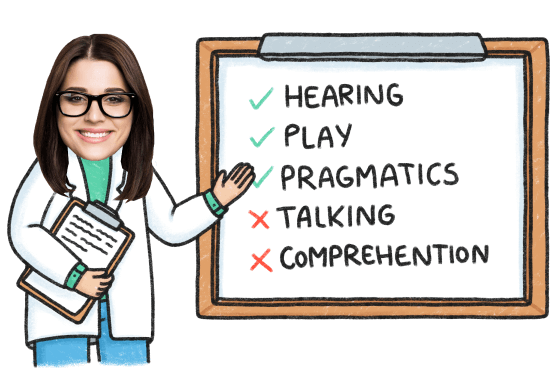Back to School Learning Tips at Home
Feb 9, 2022 Parents need all of the support they can get as this back to school season is a uniquely challenging one for families. Many parents will be homeschooling their children while others are adapting to virtual learning.
In This Article
Deciding to go back to school in the middle of a pandemic is a difficult decision for everybody. Parents aren’t the only people stressing out. As if work wasn’t stressful enough, now most parents have become teachers, too.
No matter what style of virtual learning you are implementing, there are several components that must be present to ensure student success. While the primary focus for all schools and families right now is safety, teaching our children should not be a stressor. We would never request a parent to perform surgery, and we do not expect parents to be academic instructors. We want parents to be what they have always been – a child’s first teacher in life.
And every parent can use some “back to school” tips right now to make the at-home learning experience as positive, pleasant, and productive as possible.
Expand your child’s vocabulary with more than 1,500 activities. Try Speech Blubs today!
The more you practice, the more you learn! Try the Speech Blubs app for fun and engaging language learning with your little one.
Boost Your Child’s Speech Development!
Improve language & communication skills with fun learning!

Balance the academic day with recess
The first thing to remind ourselves is that we do not need to recreate a seven-hour school day. Children should not sit in front of a screen for seven hours. A regular school day includes recess, lunch, snack, bathroom breaks, art, music, library, and physical education. Consider this when planning a schedule that works for your family.
Balance the academic day with direct instruction, practice, and application. Incorporate morning and afternoon snacks, breaks, movement, and play to keep children happy and engaged. A walk around the neighborhood or a dance party in the kitchen is a fun break to take.
Consider adding virtual or real field trips to local attractions or museums to enhance the learning experience. A child’s comprehension level significantly increases when s/he has a real-life experience to connect to.

Designated Areas for Different Activities
Once you have created a daily or weekly schedule, create the best learning environment in your home. Consider different locations for different activities. For example, eating and working everyday at the same table may not be the best option for schooling. Instead, we want the table to be where we eat and talk about our day while we complete our work at another table or desk or even a lap desk or clipboard in a comfortable chair.
Select a designated reading area and time as well. This can include reading together on the couch in the family room or reading to your child in bed at night. Each physical location at home should serve as signal to the child of the activity or lesson that is about to take place.

Read, Write, Converse, and Explore
It is also important to recognize that children learn best through reading, writing, conversation, play, and exploration. Ask yourself this question. How many experiences a day do you provide for your children to read? This includes being read to, reading to themselves, reading to you, pretend reading to stuffed animals, reading blogs online, reading magazines, reading the mail, or reading labels on foods in the pantry.
When we think about this perspective, we find that our children have many opportunities to read, write, talk, and play. In addition to supporting literacy at home, real life experiences that incorporate math are also beneficial for children. This includes practicing measurement while following recipes to help make dinner or practicing telling time by creating a following a designated schedule. When we focus activities around language and math, we are increasing our children’s academic and life skills.

Let them learn at home with games and play
Despite the current trend in education, it is imperative to understand that an offline education is just as important if not more important than an online education. Children learn content better when they play or manipulate with tangible objects, which includes real books, real money, and measurement tool.
Games are also effective learning tools that increase the interest and engagement levels of children of all ages. I encourage families to look at the boardgames they already have at home. Playing cards and games like Monopoly or Chutes and Ladders support mathematics. The game of Clue or Guess Who teaches inference skills, which are essential in reading comprehension.
As well, nursery rhymes and tongue twisters teach rhyme and alliteration, which are early literacy skills. Research shows that children with strong early literacy and language skills are usually stronger readers by third grade.

You are your child’s role model
Children do what they see, so parents have the greatest responsibility to model positive lessons for their children all day every day while families are homeschooling. When adults model reading and writing, our children will see the value of these activities. Look what happens when you adhere to a routine and schedule, our children will reap the benefits of the structure. When you are calm and happy, children will sense this and respond accordingly, which leads to a more positive and peaceful environment.
A positive, peaceful, productive learning environment is what everyone needs in this unprecedented back to school season. Just remember, you are not the only parent in this scenario. We truly are all in this together.
Have a question for our Speech Therapists?

